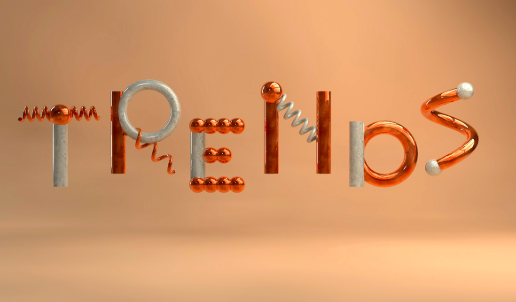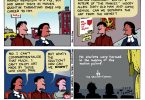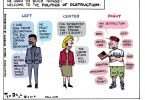aNewDomain — The UK Conservatives won a parliamentary majority yesterday in the UK elections. They did it in part by branding Scotland and the Scottish National Party (SNP) as something akin to a horde of kilt-clad Willie Hortons invading England. As the Tories celebrate their victory today, they must wonder how much harder it will be now to keep Scotland in the UK and if they even want to keep Scotland in the UK.
— The UK Conservatives won a parliamentary majority yesterday in the UK elections. They did it in part by branding Scotland and the Scottish National Party (SNP) as something akin to a horde of kilt-clad Willie Hortons invading England. As the Tories celebrate their victory today, they must wonder how much harder it will be now to keep Scotland in the UK and if they even want to keep Scotland in the UK.
Polls for the past few months, and even as late as yesterday, showed that the British elections would result in a hung parliament and that the country would likely be governed by a coalition led by the Labour Party and the SNP. As predicted, the SNP took nearly all the seats (56 of 59) open in Scotland, but Labour won only 232 seats to the Conservatives 330 seats.
The “Frightening” Prospect of The SNP in Parliament
Australian political strategist Lynton Crosby designed the Conservatives attack plan. Crosby has been likened to Bush family strategists Karl Rove and Lee Atwater, who created the infamous Willie Horton ad for George H.W. Bush’s 1988 campaign. Crosby similarly recognized that the Conservatives could sway English voters by playing on their fears of Scotland.
Prime Minister David Cameron and other Tory leaders spent the past few months arguing to England, the largest part of the UK, that a Labour-SNP coalition would be dominated by Scottish demands. He described a Labour-SNP alliance as “frightening,” as you can see from the clip below:
Nicola Sturgeon, the SNP leader, tried to counter claims that the SNP would be a “destructive force” but in the end she could not persuade English voters that a political party rooted entirely in Scotland could also represent English interests:
Even jokes by former SNP leader Alex Salmond became fodder for the Tories’ campaign as evidenced by London Mayor Boris Johnson, who described a potential SNP victory as an apocalypse:
How to Govern A Country After Trashing Part of It
Going forward, if the Conservatives have any desire to govern the whole of the UK, and not just the English part of it, they may have a difficult road ahead. The Conservatives led the charge against the Scottish independence last fall, and they won an election by, in part, scaring English voters with the prospect of a parliament dominated by Scottish interests.
Of course, the Tories might just want Scotland to go away. Scotland has not been a good source for Conservative Party votes. If Scotland were an independent country, then the Conservatives could well dominate English politics for a very long time.
During the Scottish independence referendum, Cameron and other UK leaders promised that if Scotland stayed in the UK that more powers would be devolved to Scotland. Cameron could now solve his Scottish problem by simply devolving so many powers to Scotland that the country was essentially independent from the UK. Of course, such devolution would likely come with a lessening of Scotland’s authority in Westminster, which would presumably become primarily a governing body for England alone.
This might even be an easier path for Cameron and the Conservatives to take than trying to heal wounds with the Scots. After all, why should Cameron undertake the arduous task of bringing Scotland back into the UK if it would only help the Labour Party win the next election? Of course, if Cameron is truly a great leader, he will favor the UK’s interests over his own party’s interests.
Photo credits:
David Cameron calls a Labour-SNP coalition as a ‘frightening prospect’
Nicola Sturgeon argues that an SNP victory won’t harm England
Boris Johnson reacts to Alex Salmond joke













